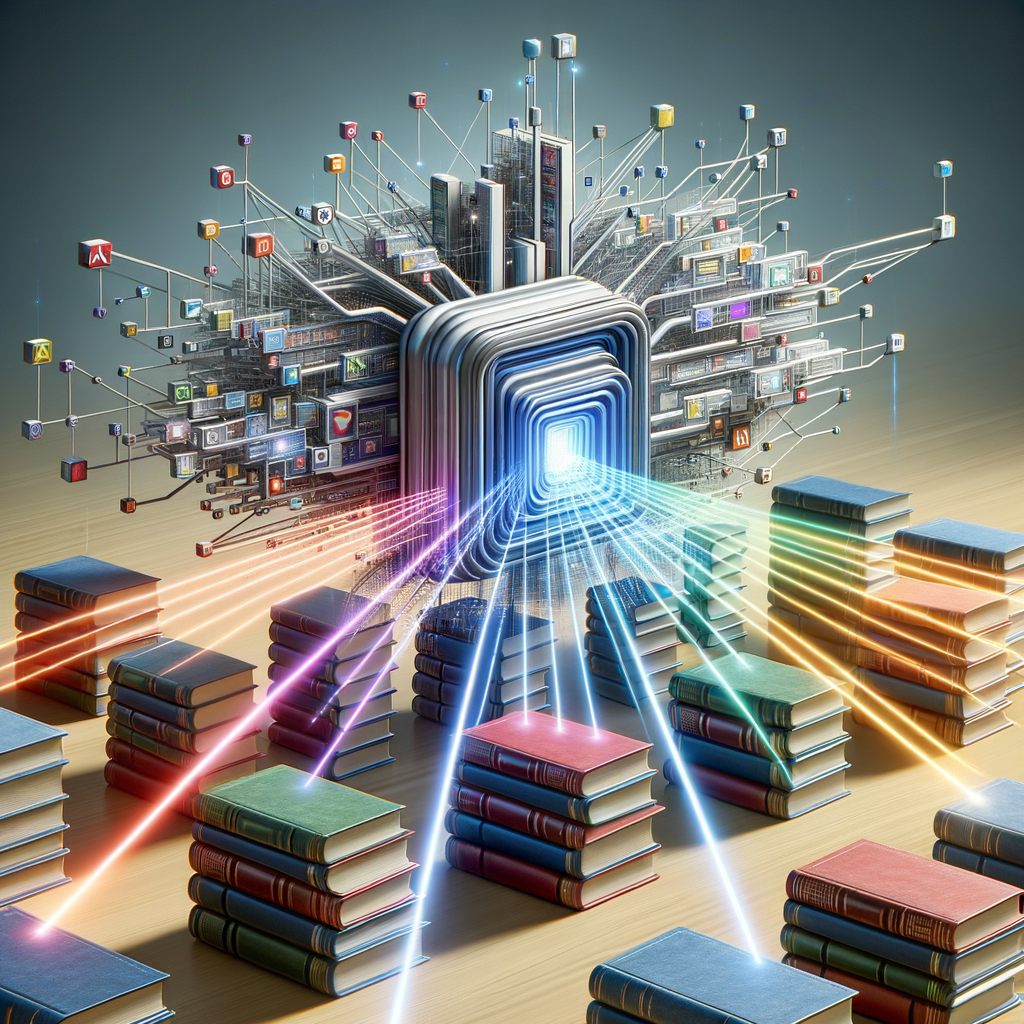
Beyond the Algorithm: Exploring How AI Shapes Personalized Learning Experiences
Dive into the fascinating world of AI-driven personalized learning. This blog explores how artificial intelligence is transforming educational paradigms by tailoring learning experiences to individual needs. From adaptive learning platforms to intelligent tutoring systems, discover how AI uncovers students' unique learning paths, overcoming educational hurdles and enhancing knowledge retention. We discuss current technologies, their impact on educational systems, and the future of personalized education.
Beyond the Algorithm: Exploring How AI Shapes Personalized Learning Experiences
In recent years, artificial intelligence has rapidly infiltrated the educational landscape, promising to revolutionize traditional learning structures. This blog post delves deep into how AI is used to craft personalized learning experiences that cater to individual student needs, fostering more effective and enjoyable educational journeys.
The Rise of Personalized Learning
Personalized learning is an educational approach that aims to customize learning for each student's strengths, needs, skills, and interests. Each student gets a learning plan based on what they know and how they learn best. The promise of personalized learning is substantial, aiming to provide a more individualized learning experience that is lacking in traditional educational systems.
Role of AI in Personalized Learning
AI technologies offer remarkable tools and strategies to enhance personalized learning by efficiently processing vast amounts of data and identifying patterns that inform educational content and delivery methods. By implementing AI-driven adaptive learning technologies, educational platforms can offer curricula tailored to students' current competencies and preferred learning styles.
-
Adaptive Learning Technologies: These systems use AI to monitor students' performance in real-time, adjusting the difficulty of tasks to keep learners constantly challenged yet not overwhelmed. An initiative like McGraw-Hill's ALEKS offers an example where AI algorithms adjust learning pathways based on student responses.
-
Intelligent Tutoring Systems: AI-powered tutors provide detailed and personalized feedback more efficiently than traditional methods, assisting students in understanding difficult concepts and staying motivated.
AI Technologies Enhancing Personalization
Several AI technologies contribute to the advancement of personalized learning, each offering unique benefits and applications within educational settings:
-
Natural Language Processing (NLP): NLP enables interactive educational systems that can interpret and respond to students in natural, conversational language. This helps in developing language skills and supporting dialogue-based learning platforms.
-
Machine Learning Algorithms: These are central to identifying patterns of success and failure, aiding in predicting educational outcomes and crafting customized learning experiences.
-
Data Analytics and Learning Analytics: Data-driven insights power the continuous improvement of learning systems. Analyzing student data helps educators and AI platforms adjust strategies in real-time for optimal learning outcomes.
Addressing Barriers to AI Integration
While the benefits of AI-enhanced personalized learning are significant, several challenges must be addressed to enable widespread adoption:
- Data Privacy: As more student data is collected, privacy concerns must be carefully managed to protect sensitive information.
- Accessibility and Equity: Ensuring access to high-quality AI-driven educational resources is essential to prevent disparities between different groups of learners.
- Teacher Roles and Training: Teachers need to adapt to new technologies, shifting their roles from knowledge providers to facilitators of technology-enhanced learning environments.
Case Studies and Success Stories
- Khan Academy: Utilizing AI to tailor math exercises to the learner's level, it adapts problem sets based on student performance.
- IBM Watson Education: Deploys AI to analyze students' personalities and offer tailored content and pacing to keep them engaged and productive.
Future of AI in Education
Looking forward, AI has the potential to integrate into all aspects of education, creating a seamless and continuous learning environment. The ultimate goal is a highly adaptive and individualized education system far removed from traditional, one-size-fits-all models.
Conclusion
AI's integration into education brings about new possibilities for helping learners achieve their highest potential, breaking traditional barriers, and re-envisioning the educational journey. As educators and technologists continue to innovate, the landscape of personalized learning will only continue to grow richer and more complex, promising an exciting future for students worldwide.